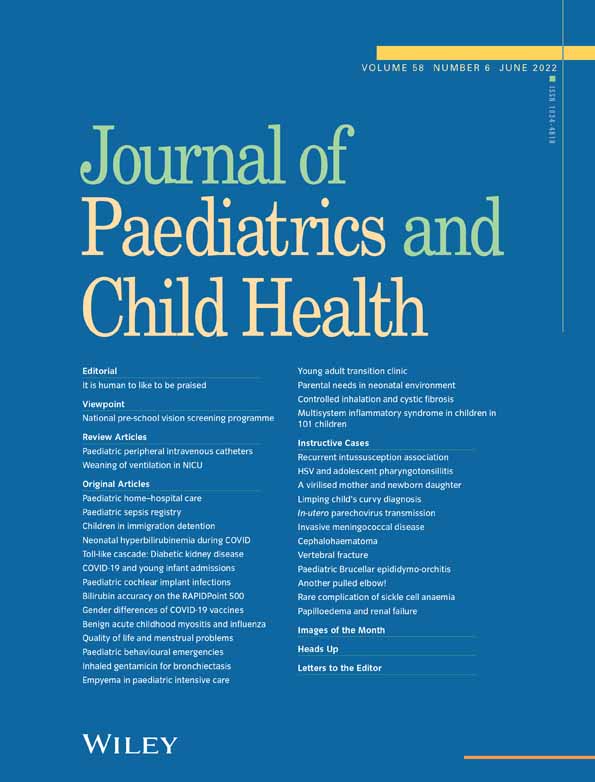Piloting a registry for paediatric sepsis: The PoRPoiSe study
Conflict of interest: None declared.
Abstract
Aim
To develop a model for a paediatric sepsis registry for use in emergency care settings. A regional study, in the UK, was undertaken to identify the most basic registry components which are desirable and feasible using the concept of a minimum viable product.
Methods
Two-round survey of clinicians using a modified Delphi methodology in conjunction with a regional data collection project in three paediatric emergency departments across London.
Results
The survey identified 34 desirable information items to be included in a registry. Fifteen of 34 items are currently feasible from our experience of data collection.
Conclusion
The development of a multi-centre paediatric sepsis registry sepsis may have several benefits but is currently extremely limited primarily because of technological fragmentation within our Health Service. Our findings have important implications for researchers wishing to plan sepsis surveillance programmes, locally and internationally.
Open Research
Data Availability Statement
The corresponding author H Dougherty is in possession of unpublished data which is available upon reasonable request.




